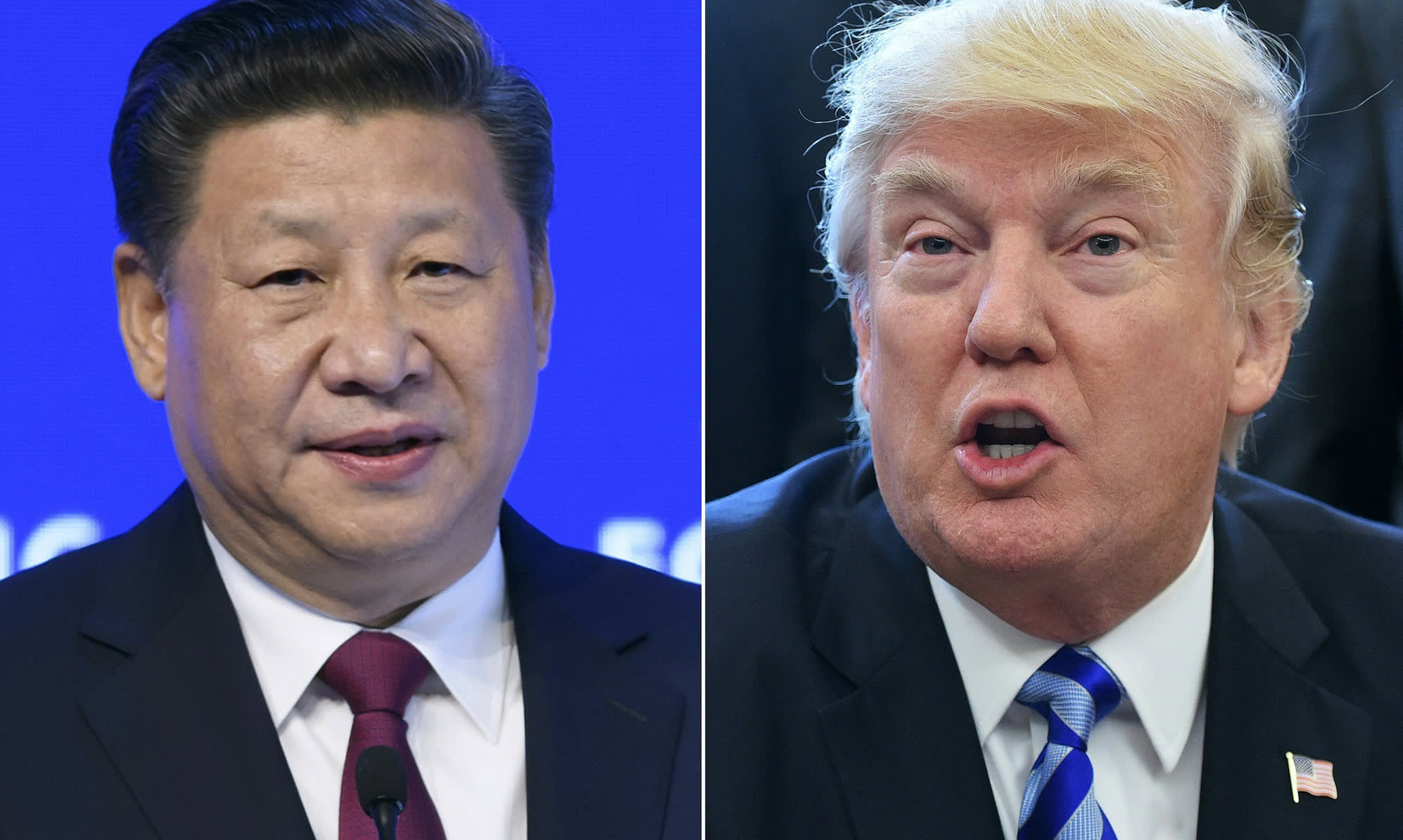MEXICO CITY: Mexican assets tumbled after preliminary election results showed the ruling party winning in a landslide that may empower it to increase state control of the economy and undermine checks on its power.
The peso led global losses, sinking more than 4% and heading for its worst one-day loss since June 2020, while stocks headed for their biggest slump since the 2008 financial crisis. Swap rates climbed.
Official projections showed Claudia Sheinbaum, the protege of President Andres Manuel Lopez Obrador, winning by at least 30 percentage points.
While her win was largely priced in, the quick count published by the electoral authority also pointed to the ruling Morena party and its allies winning a so-called super-majority in the lower house and clinching at least a simple majority in the Senate – more support than polls suggested.
Investors were closely eyeing the congressional races as a two-thirds majority would give the ruling coalition a mandate to pass more ambitious reforms that could change the constitution.
“The potential for a super-majority does cause some concern as it could erode Mexico’s financial prudence seen during most of AMLO’s administration,” said Guido Chamorro, senior portfolio manager at Pictet Asset Management in London, referring to Lopez Obrador.
“There is a question about how fiscally conservative Sheinbaum will be.”
The congressional results will determine if Morena will be in the position to pass a swath of proposals made by Lopez Obrador in February.
Those bills include plans to reduce the number of lawmakers and allow for the direct election of Supreme Court justices.
They also include eliminating independent regulators, like the antitrust commission, as well as establishing new pension obligations and mandatory minimum wage hikes.
Such an outcome could sap appetite for Mexico assets, including the peso, which has been one of the top performing major currencies this year against the dollar.
The peso has defied calls that it’s overvalued and continued to rise, with Mexico’s close ties with the US shielding the currency from the strong dollar that has roiled other developing nations.
It’s also been supported by a hawkish central bank that has been the slowest in Latin America to lower borrowing costs.
The iShares MSCI Mexico ETF (EWW), the biggest US exchange traded fund tracking Mexican equities, fell more than 10% Monday, the most intraday since March 2020. EWW has seen over 7.5 million shares traded as of 2:37 p.m. in New York, more than any full day since 2019, data compiled by Bloomberg show.
Mexico’s benchmark stock index sank nearly 7%, putting it on track to post its worst single day loss since October 2008. Banking stocks led the losses as the prospect of a Morena majority raised concerns the party could seek to force banks to lower fees, as it has in the past, or pay more taxes. Grupo Financiero Banorte, the biggest Mexican-owned bank, sank over 15%.
“We believe the financial sector could bear the brunt of these heightened legislative risks either through taxation or industry-specific measures,” Bradesco BBI strategist Rodolfo Ramos wrote in a note.
If the next government and Congress adopt an unorthodox agenda that undermines Mexican institutions, the peso would weaken to 19.20 per US dollar, Morgan Stanley analysts said in an April note.
Barclays strategists saw odds the peso would see a 4% plunge if Morena were to win a constitutional majority that would lead to a more leftist radical reform agenda, they wrote in a note ahead of the election, while adding that chances of that were small.
“The possibility of a supermajority in congress would be a material game changer for Mexico,” said Gordian Kemen, head of emerging-market sovereign strategy at Standard Chartered Bank.
“I can see the market getting concerned about energy policy, fiscal stance, but also monetary policy.”
The peso has also been the best performing major currency over the last six years, during Lopez Obrador’s term, flying in the face of concerns that his policies would spark a deep devaluation.
His government bucked expectations for higher spending and instead maintained fiscal discipline that set it apart from other economies, whose deficits blew out during the pandemic. However, Lopez Obrador ramped up spending this year, leaving the challenge to Sheinbaum to rein it back in. — Bloomberg

